How All of Russian TV Became State-Controlled
Short biography of the freedom that never happened.

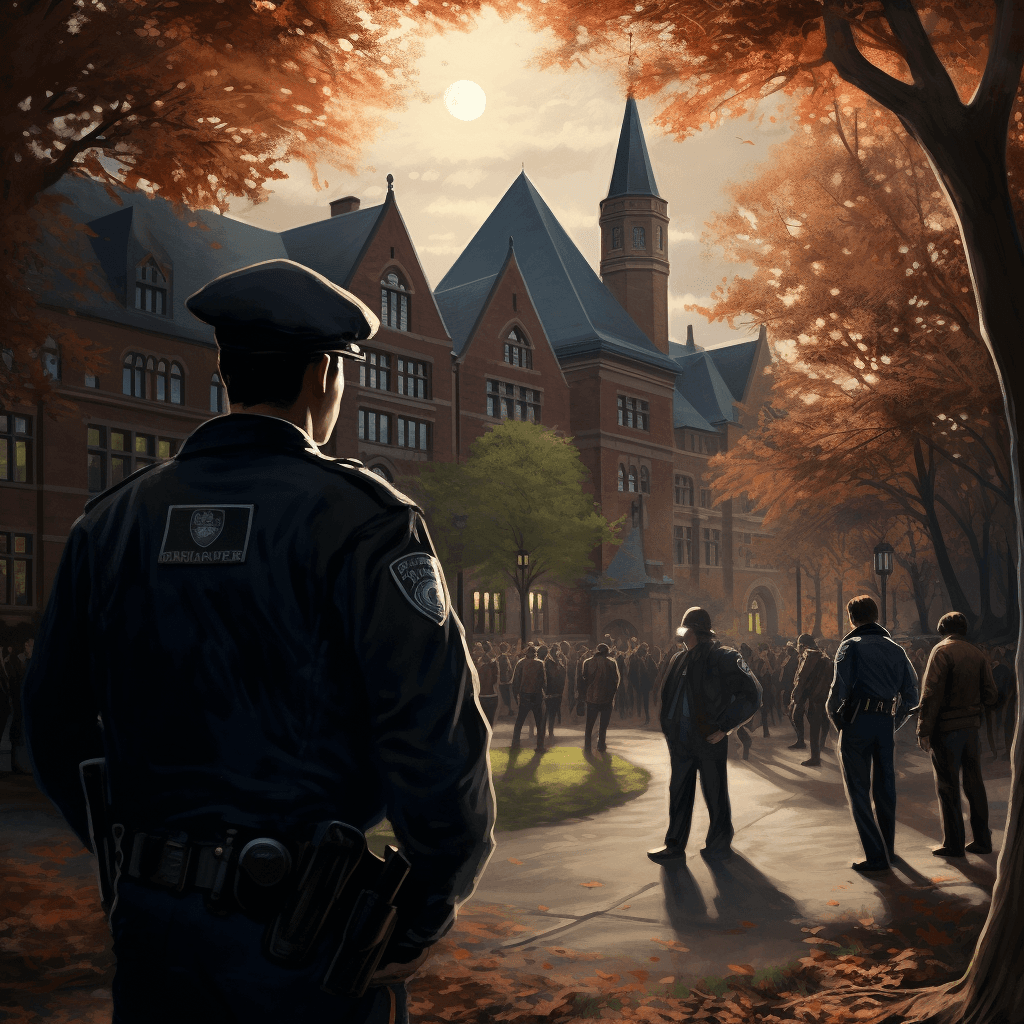

For many years, the government of the Russian Federation has been claiming that it is trying to work towards improving the quality of education in the country, while the number of universities in the country is decreasing every year, and the quality of education remains a big question.
According to experts, the quality of higher education is affected by the increasing interference and pressure of the authorities in the activities of Russian universities.
In the Russian Federation, the main regulators of activities are two government bodies:
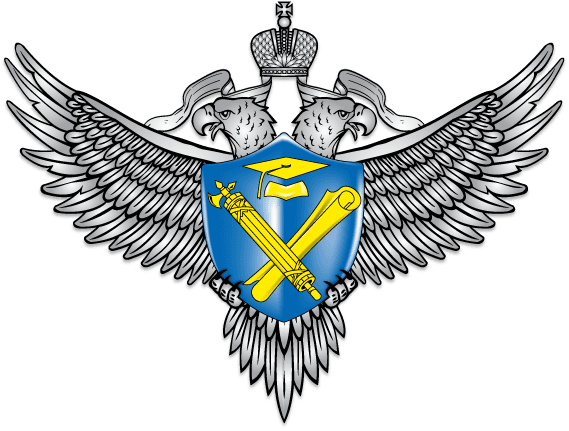
Federal Service for Supervision in Education and Science (or Rosnobradzor), official logo
According to experts, control is carried out at universities through inspections of various types; the number of such inspections is constantly growing, despite the decreasing number of universities in the country.
Inspections are mainly aimed at identifying irregularities in records management, and not at checking the performance of universities, so very often universities start preparing for inspections in advance in order to pass them and to have minimal violations, while, according to some estimates, the level of knowledge provided and the teachers’ professionalism is not a top priority in such inspections.
Universities always face the threat of losing their licence to provide educational services and state accreditation. Without the first, it is impossible to execute any educational services, and without the second, it is impossible to issue state diplomas.
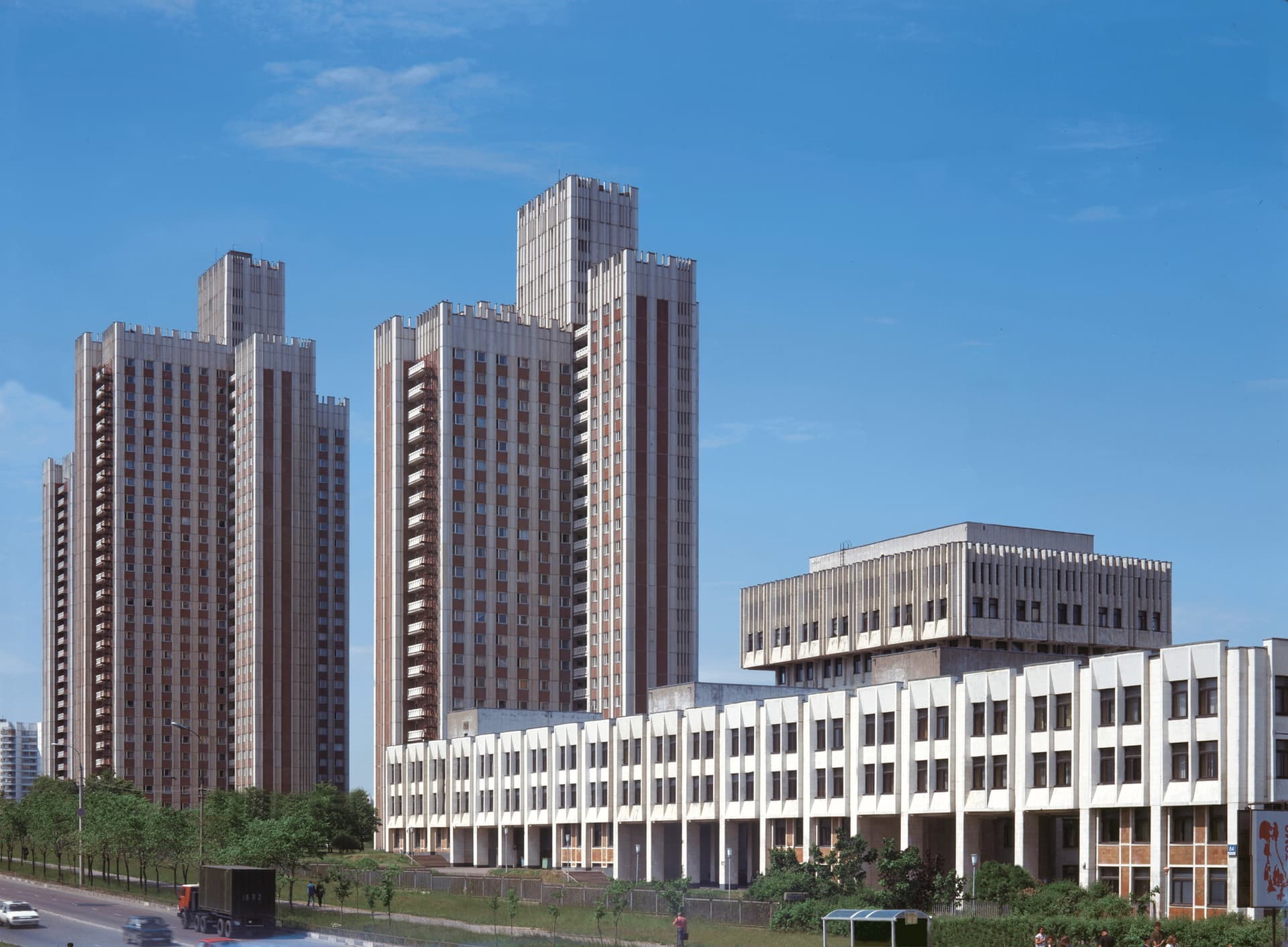
Russian Presidential Academy of National Economy and Public Administration (RANEPA), Moscow
Such pressure tactics allow the government to control the activities of universities, promote a “convenient” agenda and impose various sanctions against “uncomfortable” teachers”. So, for example:
An alternative to educational institutions with a high degree of government interference in the activities of universities is to study at the so-called liberal universities of Russia.
Liberal higher education in Russia is characterized by:
Examples include the European University at St. Petersburg, which generally positions itself as liberal, the Moscow Higher School of Social and Economic Sciences, which actively cooperates with universities in the UK, and the Higher School of Economics, which is state-owned, but at the same time this university positions itself as liberal one.
These universities are in fairly high positions in international rankings, have a high publication activity and cooperate with foreign universities.
However, such education is still beyond the reach of many graduates. These universities are mostly private, that allows them to be more independent, but this results in high tuition prices, while the average salaries in the regions are not so high.
The state is trying to use all its entire arsenal of pressure against liberal universities.
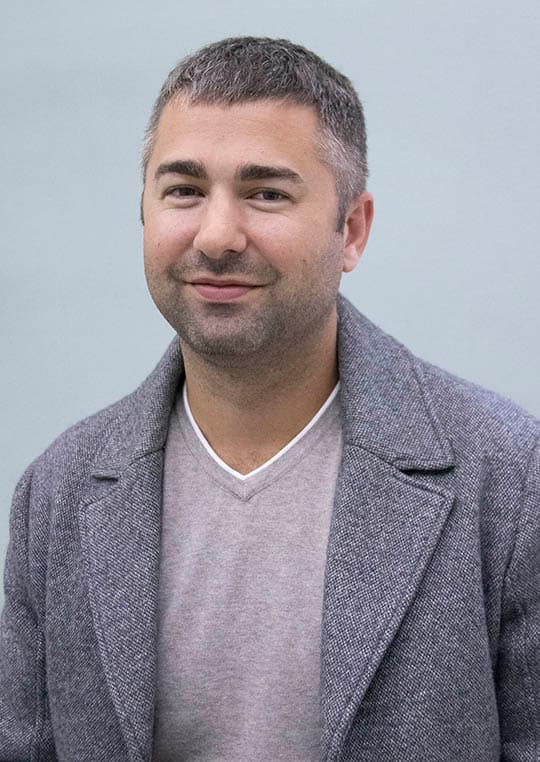
Michael Freese, Bard College representative deported from Russia
The faculty of Liberal Arts and Sciences was founded in 2011 in collaboration with American Bard College. Graduates of this faculty at the end of their studies received two diplomas – one of St. Petersburg State University and one of Bard College, which allowed them to be in demand not only on the Russian labour market but also on the international one. This faculty was the first in Russia that adhered to the principles of liberal education: students themselves could draw up a curriculum from subjects of interest to them.
During its existence, the faculty has been under pressure for political reasons:
The recognition of Bard College as an undesirable organisation was followed by pressure on the faculty from the university’s management. The faculty failed in its attempt to withdraw from St. Petersburg State University.
As a result, the system of self-selection of subjects was eliminated, programs were changed, and dozens of key teachers were fired. According to even formal criteria, the faculty is no longer related to liberal education.
EUSP a non-state university and world famous in the field of social sciences and humanities, was founded in 1994.
EUSP students receive an education according to international standards, participate in scientific activities, and teachers conduct their lectures at various universities around the world. The university is also a leader and is represented in various Russian and international rankings.
One of the best non-state universities in Russia has more than once attracted the attention of government authorities.
The first big incident occurred in 2007 in connection to a university project about election monitoring procedure, aiming to train election observers in the nuances of the Russian electoral system. This program was criticized by State Duma deputies from United Russia (the ruling party in Russia) for showing “direct foreign interference” (as it accepted grant of €670.000 from IESN, the European Commision for the implementation of the Interregional Electoral Support Network). The academic council of the university decided to terminate the project in January 2008
A week later, the university was closed for 6 weeks by court decision. The official reason for this decision was a fire safety inspection; supposedly 52 violations of fire safety standards were identified.
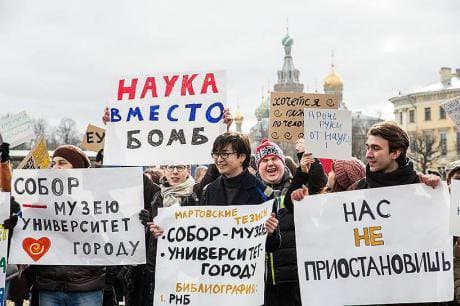
A rally in support of EUSP, St Petersburg. Image: Anna Klepikova.
The closure of the university caused a wave of protests from students, teaching staff and public figures. An open letter was sent to Vladimir Putin and Dmitry Medvedev. Despite that, the court found compliance with fire safety rules sufficient.
At the end of March 2008, the university resumed its work. After these events, the university had no problems with its activities until 2016.
In March 2016, the university underwent an unscheduled inspection by Rosobrnadzor, which was aimed at checking the quality of the educational programs provided. In July of the same year, the second inspection in 4 months took place, which revealed 120 violations. The university was able to eliminate most of the violations, but in December 2016 the university’s licence was revoked. The university was able to get the licence back only a year later.
In the period from 2016 to 2022, 13 inspections were carried out at the university, 3 of which were carried out by Rosobrnadzor.
In May 2023, again, an inspection of the prosecutor's office came to the university. The publications of teachers and the topic of students' dissertations were taken away during the procedure.
Shaninka is a private university founded by sociologist Teodor Shanin in 1995. A special feature of this university is its close interaction with English universities; and the university’s key partner is the University of Manchester (UK). The university has an excellent reputation in the scientific and educational community.
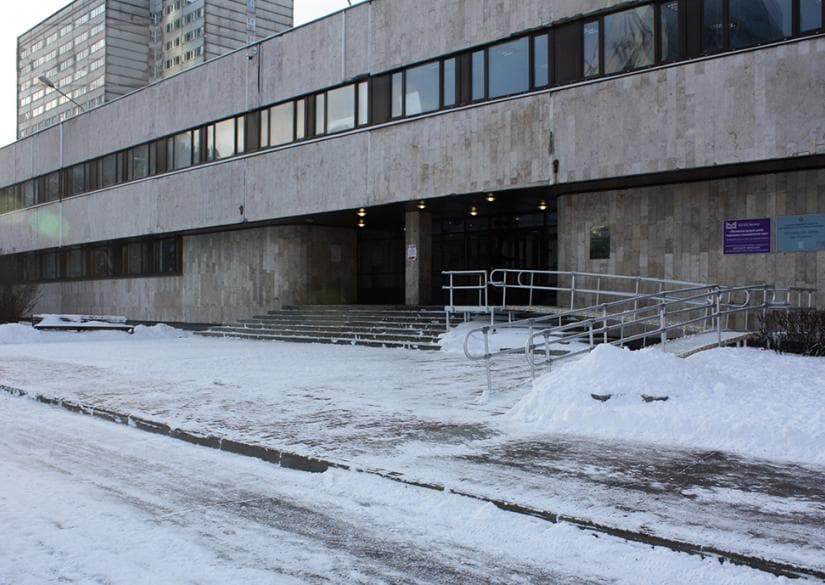
Shaninka, Moscow School for the Social and Economic Sciences
This university first encountered problems from government authorities in 2018. Then, an inspection from Rosobrnadzor turned up at the university. The inspectors found numerous violations and inconsistencies with state standards. This was the official reason for depriving the university of state accreditation. There have been speculations in the media, however, that there may be political reasons for this decision.
In the academic community, this decision of Rosobrnadzor caused a resonance. An appeal was published calling for a review of the inspection’s results. This appeal was signed by more than 230 teachers and research fellows from around the world.
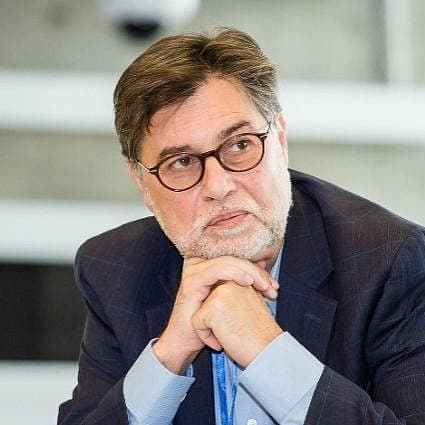
Sergei Zuev, detained rector of Shaninka
Shaninka was able to regain accreditation only in 2020, but the quiet life of the university did not last long. In 2021, another high-profile scandal occurred. Sergei Zuev, the rector of Shaninka, was detained in October 2021 in a criminal case of theft of 21 million rubles from Foundation for New Forms of Educational Development. This case provoked a great public resonance in the academic community. Sergei Zuev was removed from the post of rector in March 2023.
HSE began its history in 1992 and is considered one of the best state universities in Russia, employing the best domestic scientists and teachers. Many applicants dream of enrolling here after graduation. For a long time, it was considered the most liberal university in the country.
However, in recent years, the university has been at the center of various scandals that do not correspond to the title of a liberal university. One of the most high-profile scandals happened in 2020 and is related to the dismissal of teachers due to opposite political views and criticism of the leadership. After that, this group of teachers founded their own educational internet project Free university, which was recognized as an undesirable organisation in 2023.
The HSE made the situation of independent student media difficult, one of which is the DOXA magazine. The university administration deprived the magazine of its status as a student organisation, citing the fact that the magazine began to write less about student life, science and research. This happened after DOXA covered the “Moscow case”, the series of articles on sexual harassment at Moscow State University, and organised various actions in support of students.
After the start of the full-scale Russian invasion of Ukraine, teachers who spoke out against the invasion were fired. For example, professor Oleg Lekmanov was dismissed shortly after he went to an anti-war rally in Moscow. The university management removed the professor’s page from the official website while he was finishing his course of lectures remotely.
Thus, at present, what was once one of the most liberal universities, under pressure from the state, has become the mouthpiece of the official position of the state.
Despite the tightening political control over higher education by the ruling regime, in Russia there were - and partly still exist - institutions of higher education oriented towards liberal values and integration into the international academic world.
Over the past few years, including the tightening of the political regime since the beginning of Russia’s invasion of Ukraine, Russian liberal education has become one of the targets of the state in the fight against “Western influence”, which has become a blow to academic freedoms in the country.
Tento článek ještě nebyl přeložen do češtiny. Hledáme dobrovolníky kteří by nám s tím pomohli.
Short biography of the freedom that never happened.

Resistance persists in Russian schools despite strong state control. Teachers and students oppose the creeping of ideology as well as election frauds. What forms do such protests typically take? What do the protesters risk?
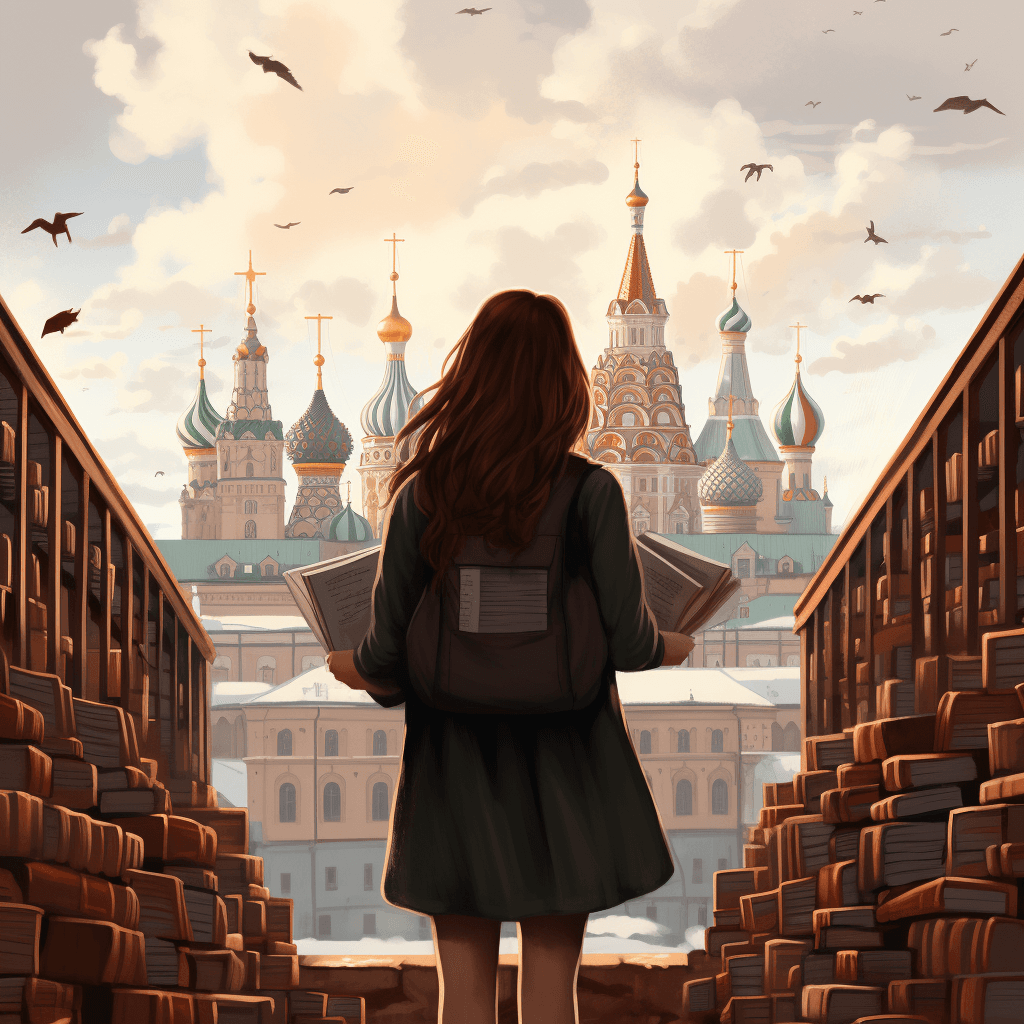
Among individuals with left-leaning perspectives, there is often a perception that Russia leans leftward, particularly concerning workers' rights. Is this indeed the case?
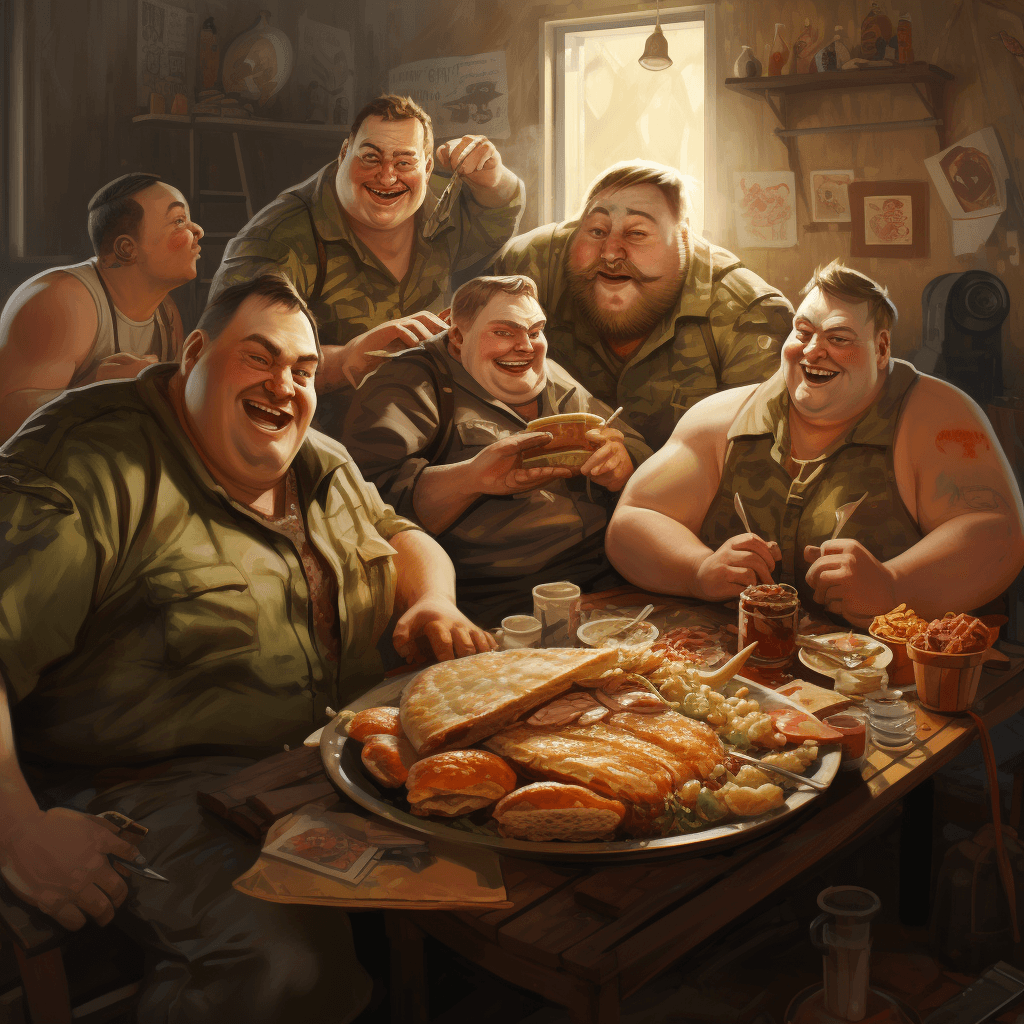
Naše mediální platforma by neexistovala bez našeho mezinárodního týmu dobrovolníků. Chcete se stát jedním/jednou z nich? Zde je seznam aktuálně otevřených pozic:
Je nějaká další oblast ve které byste nám rádi pomohli? Dejte nám vědět:
Mluvíme o současných problémech Ruska a jeho obyvatel, o boji proti válce a za demokracii. Snažíme se, aby byl náš obsah co nejpřístupnější evropskému publiku.
Chcete spolupracovat na obsahu, který vytvořili ruští autoři stojící proti válce?
Chceme, aby lidé v Rusku, kteří se zasazují o mír a demokracii, byli slyšet. Zveřejňujeme jejich příběhy a děláme s nimi rozhovory v rámci projektu Ptej se Rusů.
Jste ruský občan nebo znáte někoho, kdo by se chtěl podělit o svůj příběh? Obraťte se na nás. Vaše zkušenosti pomohou lidem pochopit, jak Rusko funguje.
Vaše zkušenosti můžeme zveřejnit anonymně.
Náš projekt vedou dobrovolníci z celého světa - žádný člen týmu není nijak placen. Projekt však má provozní náklady: hosting, domény, předplatné placených online služeb (např. Midjourney nebo Fillout.com) a reklamu.
Číslo našeho transparentního bankovního účtu je 2702660360/2010, založená je u Fio Banky (Česká republika). Můžete nám buď poslat peníze přímo na něj, nebo nascanovat jeden z QR kódů níže ve vaší bankovní aplikaci:




Poznámka: QR kódy fungují pouze pokud je nascanujete přímo z vaší bankovní aplikace.
Rusko zahájilo válku proti Ukrajině. Tato válka probíhá od roku 2014. 24. února 2022 se pouze zintenzivněla. Miliony Ukrajinců trpí. Ruští činitelé kteří válku zavinili, musí být za své zločiny postaveni před soud.
Ruský režim se snaží umlčet pro-demokratickou část společnosti. Ruští lidé, kteří jsou proti válce, existují - a ruský režim se je snaží ze všech sil umlčet. Chceme tomu zabránit a jejich hlasy nechat zaznít.
Spojení je klíčové. Ruské pro-demokratické iniciativy jsou pro evropskou veřejnost často těžko čitelné. Právní, sociální a historické souvislosti Ruska nejsou vždy jasné. Chceme sdílet informace, budovat mosty a propojovat pro-demokratickou část Ruska se Západem.
Věříme v dialog, ne v izolaci. Opoziční síly v Rusku nebudou schopny cokoli změnit bez podpory demokratického světa. Věříme také, že dialog by měl probíhat oběma směry.
Výběr je na vás. Chápeme hněv vůči ruským zločinům. Jen na vás záleží, zda chcete naslouchat ruskému lidu, který se proti tomu staví.